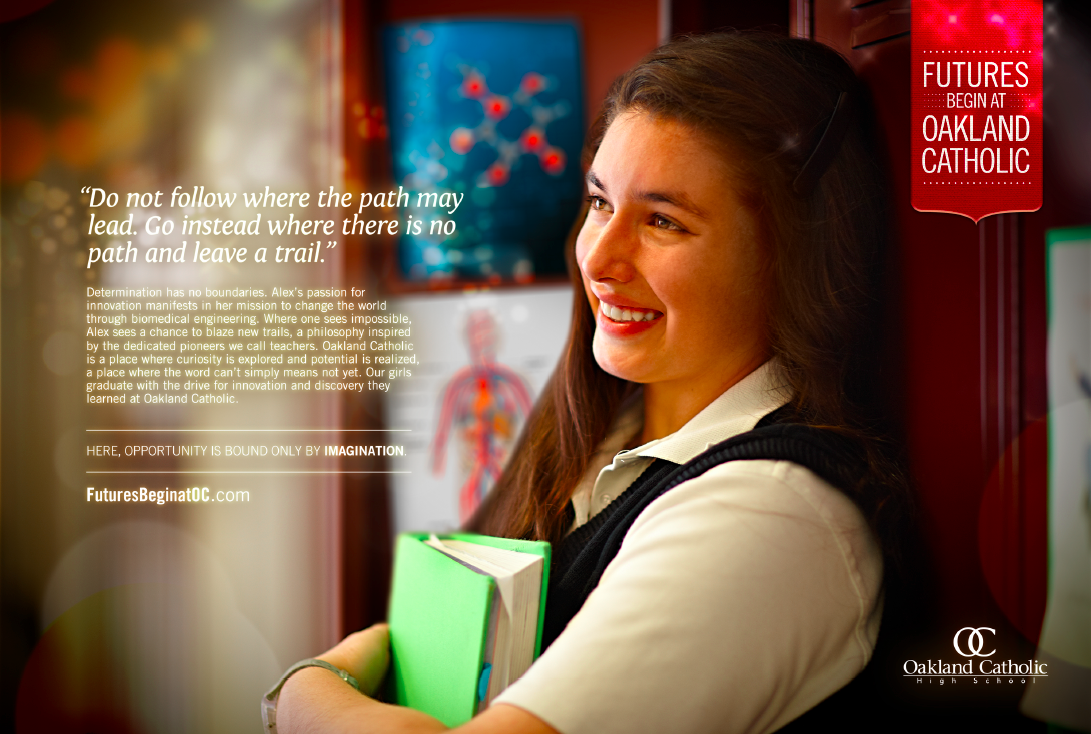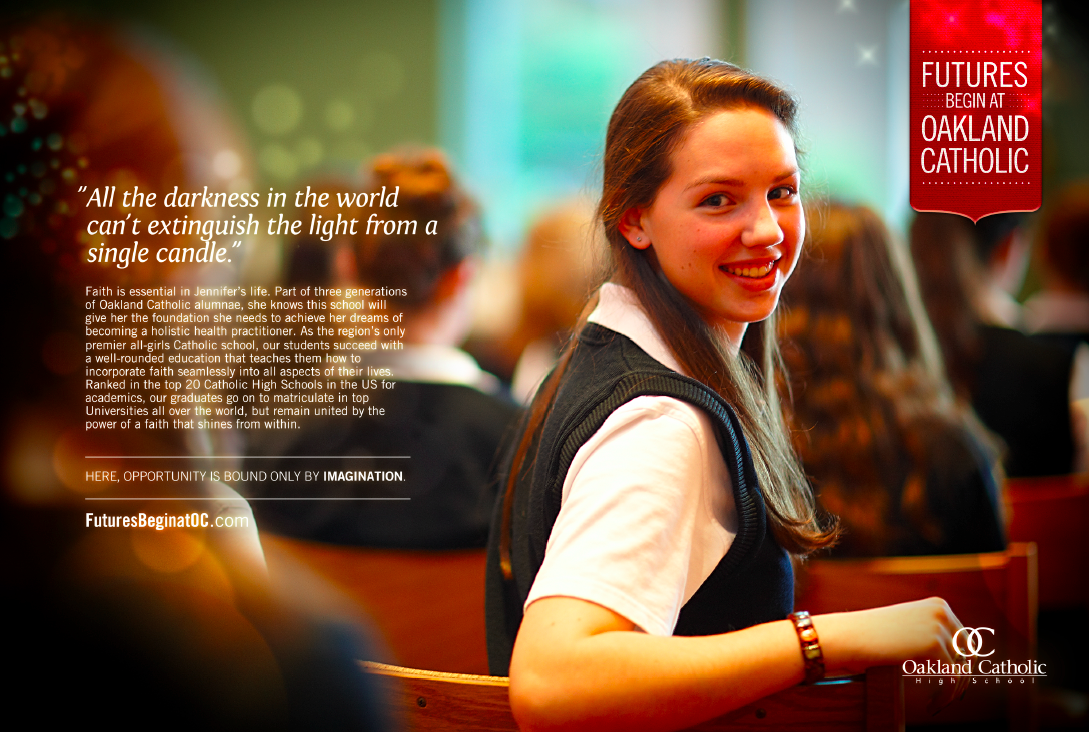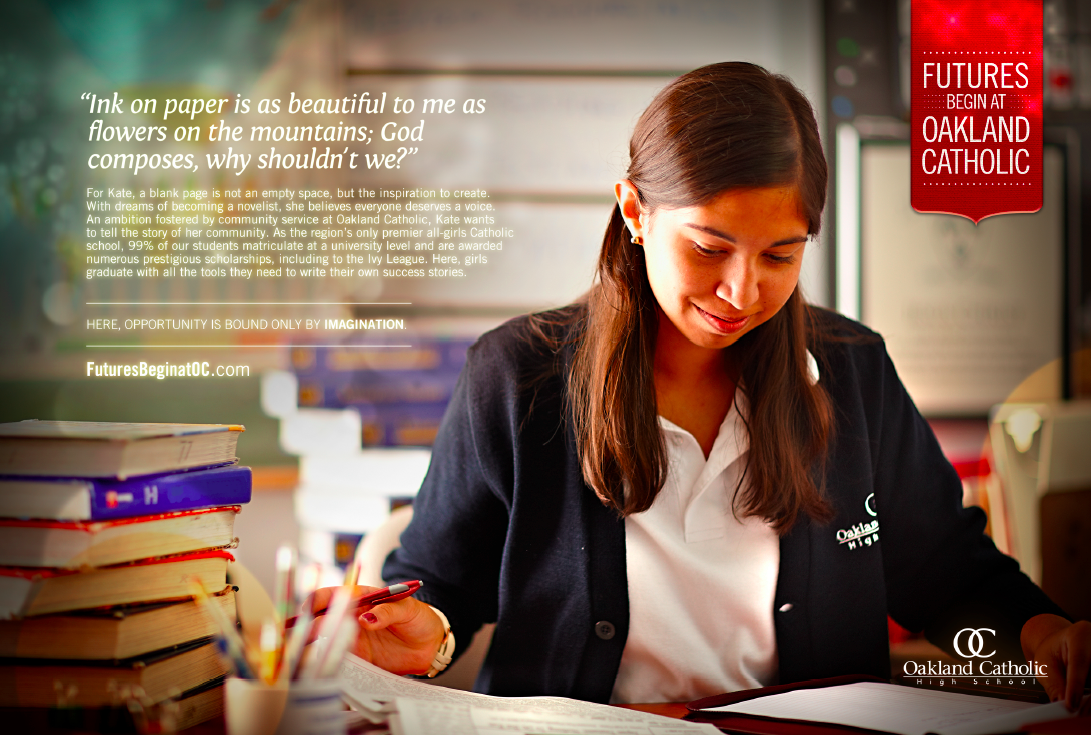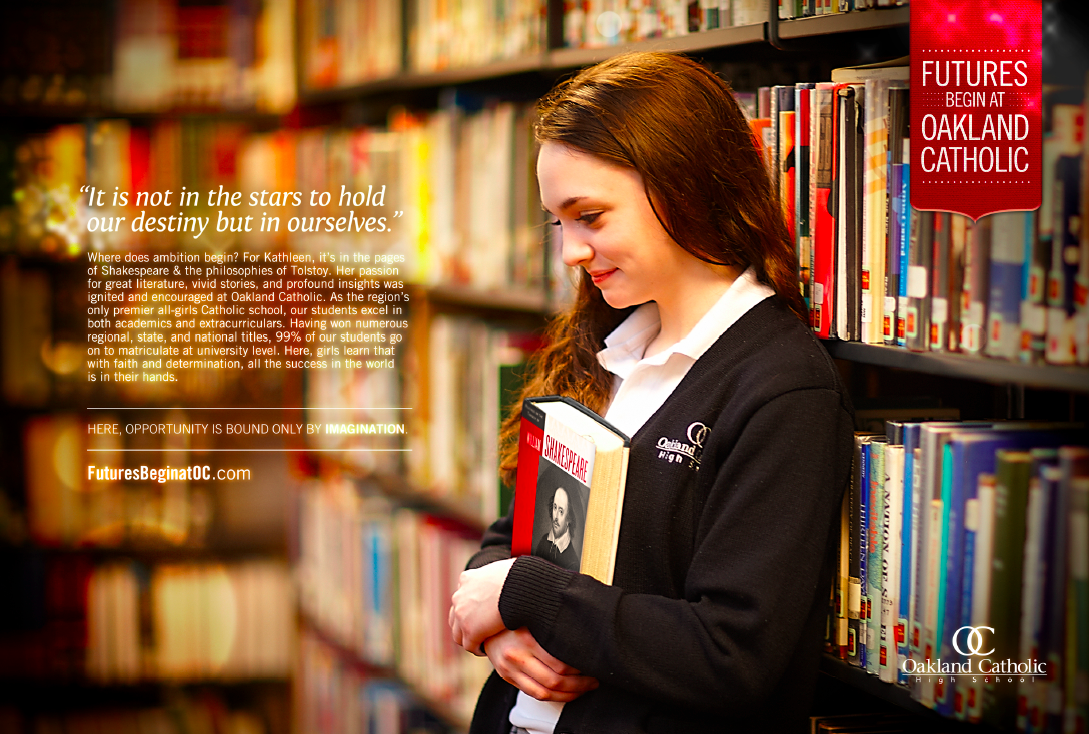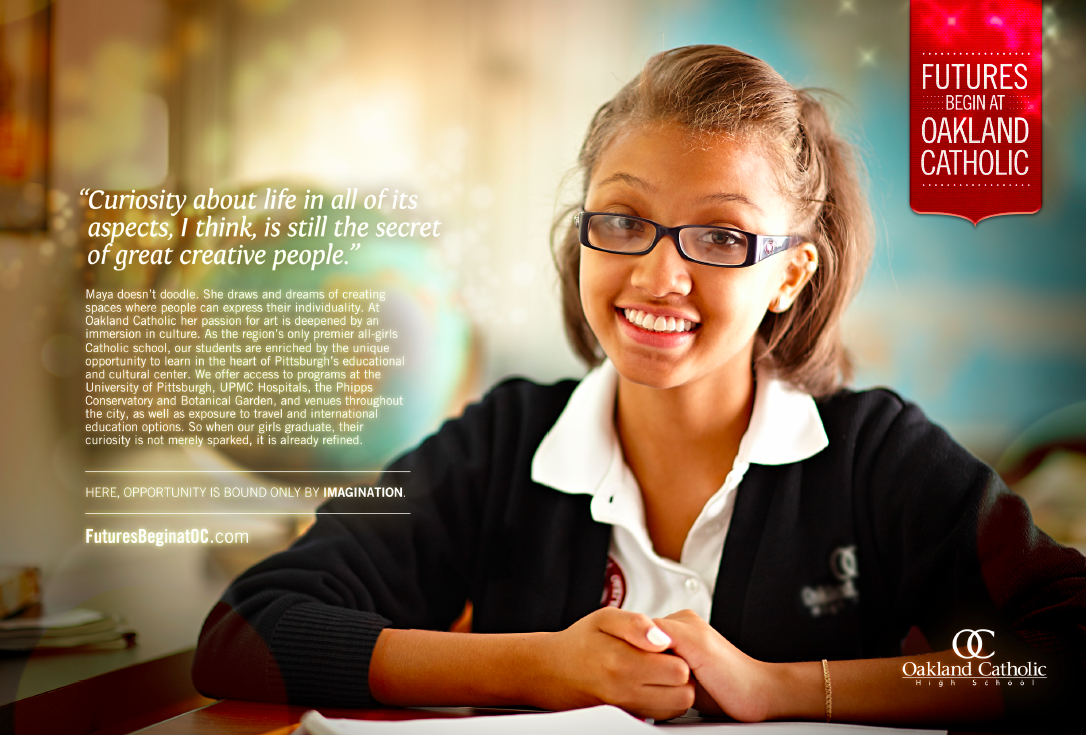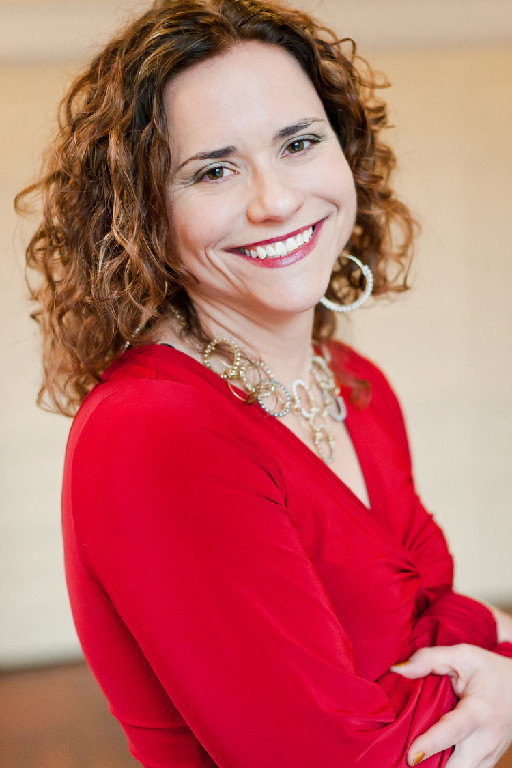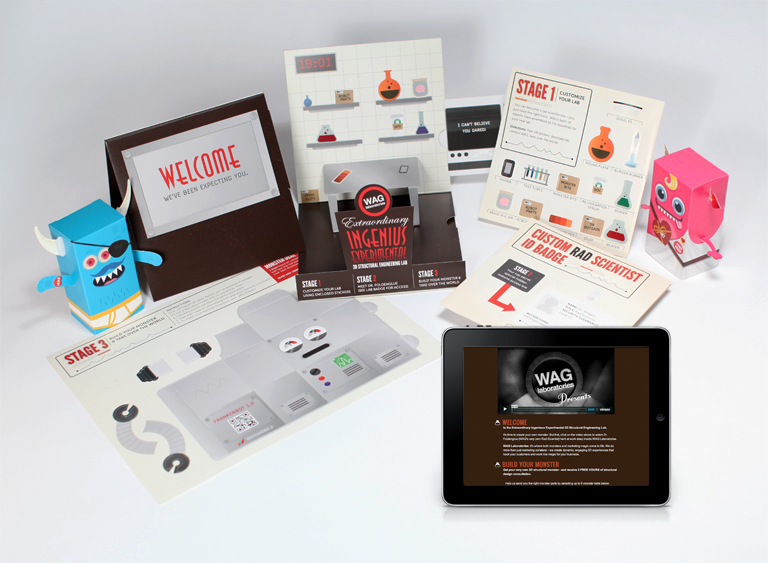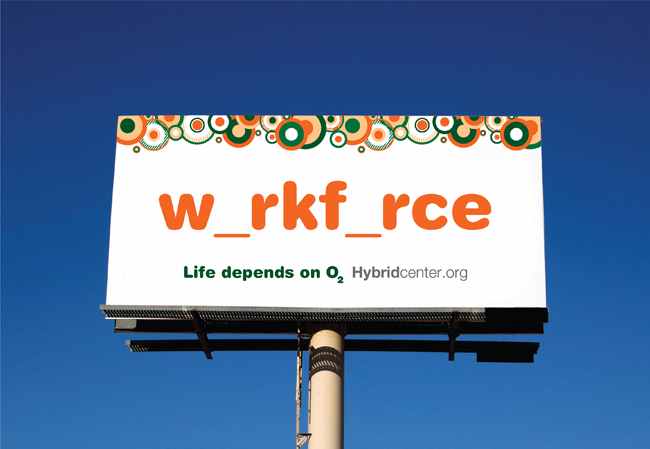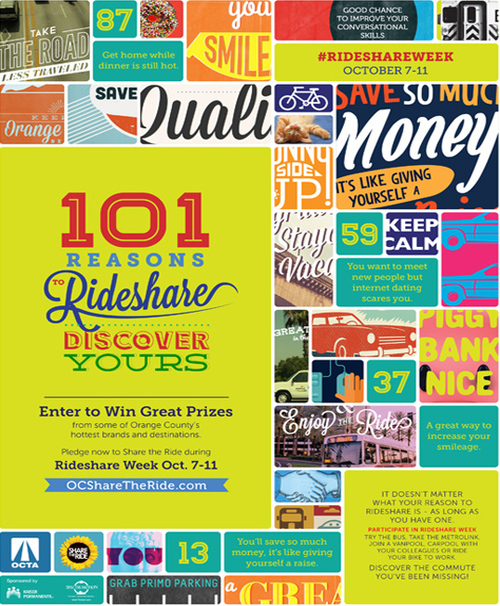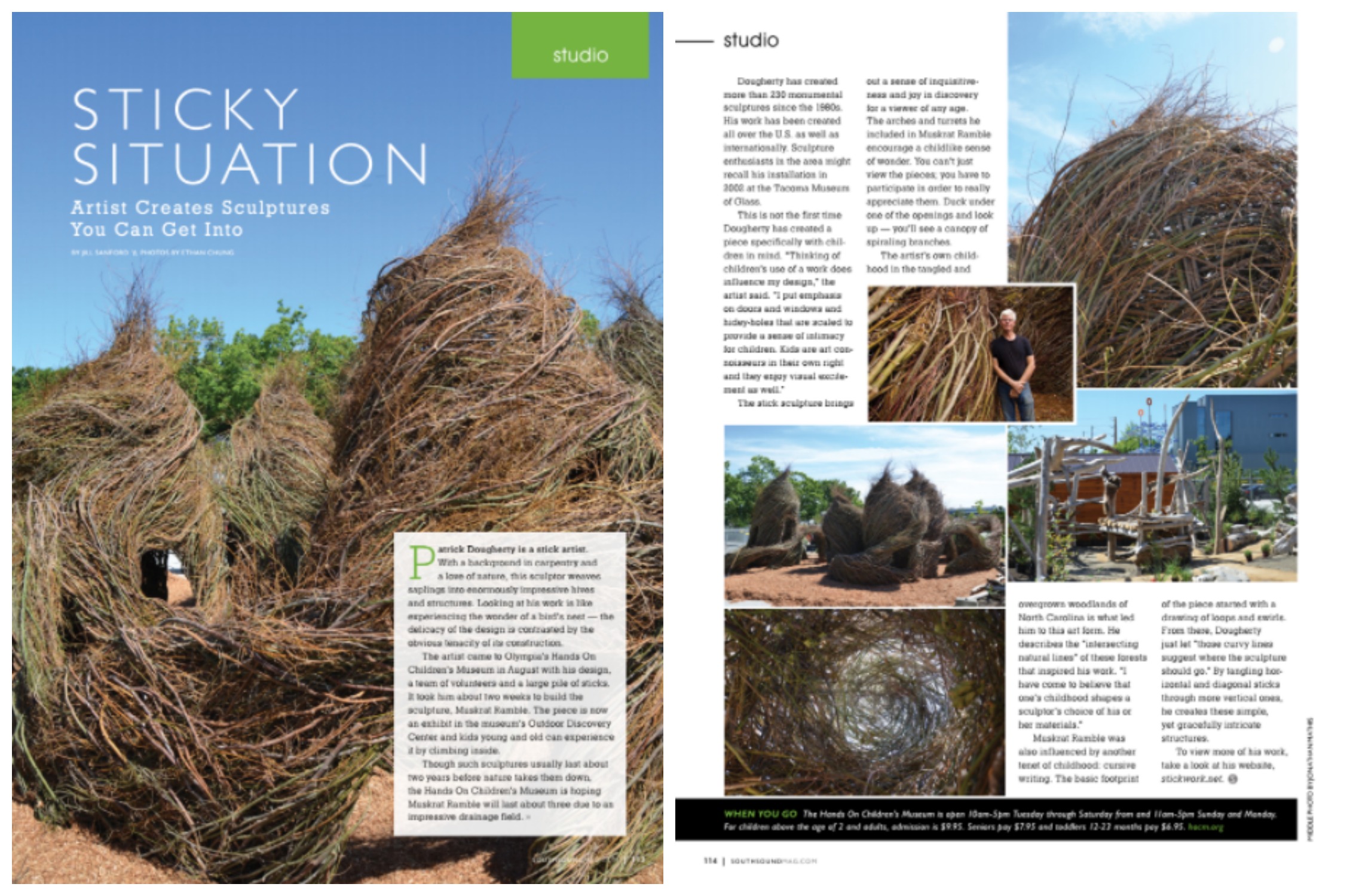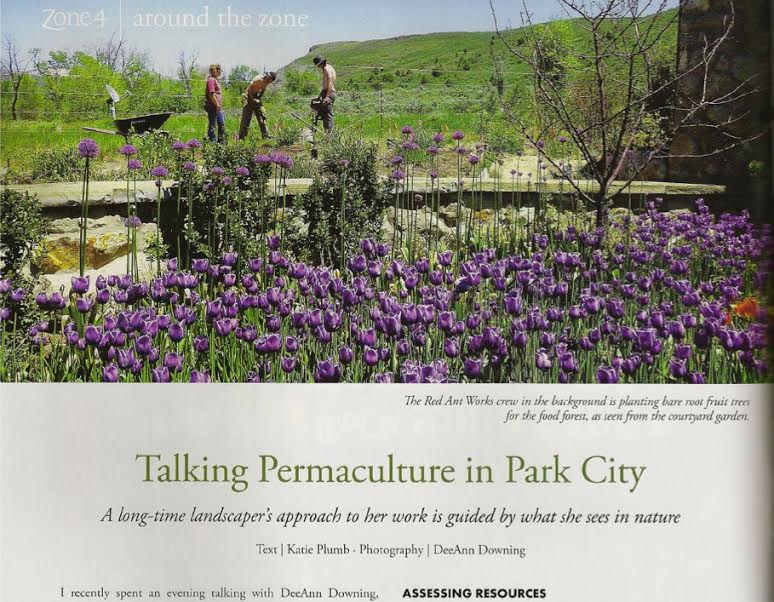Name: Sam Slaughter
Age: 26
College & Majors/Minors: Elon University - BA, 2009, English/Creative Writing & Anthropology. Stetson University - MA, 2014, English.
Current Location: DeLand, FL
Current Form of Employment: Fiction Writer and Brewery Social Media Manager
Where do you work and what is your current position?
I currently work as a social media manager for a small craft brewery in DeLand, Florida. Starting this fall, I will also be an adjunct professor at the institution that I received my MA from. In addition, I do copywriting or editing for a few different people in town on a client-to-client basis.
Tell us about how you found your first job, and how you found your current job (if different).
I fell into one, and for the other it was just as easy. I’ve always been interested in beer, wine, spirits, brewing, et cetera. From the time my college roommate and I attempted and eventually made abysmal homebrewed beer, I knew that it was always going to be something that I circled. In stories, I think Flannery O’Connor was the one that said you had to have your characters circle the same drain, or something to that effect. Alcohol, both making it and writing about it, is my drain. When I moved out to Montana for Grad School 1.0, I called all the wineries in the area and asked if they’d teach me. One place got back to me and did so. When I got down here, my boss’s husband knew some people that homebrewed and invited me over on a day they were brewing. I brewed, then did it again and then again. I stuck around. As they began to visualize a brewery, I was always there. I made the beer, I poured the beer, I drank the beer. With previous bar experience, I was/still am necessary to the brewery in the sense that I know more about the beer than most and I can also sell it better than most (an ability to play with words helps this out a lot). I may not be able to talk to strangers face to face on the street (the writer part of me coming out), but I sure as hell can sell you a pint of craft beer from behind a bar.
For the position with the university, I asked. After graduating, I was trying any and everything to find a job that would allow me to pay my bills. Teaching appealed to me—I’d co-taught a class while a grad student with my mentor and I have other teaching experience (City Year, an Americorps program)—so I sent an email inquiring about open positions with my university. Thankfully, they had some, I interviewed and now I’m preparing to fly solo with my first college class.
To address the last part, it all happens by networking. In such a small town, it isn’t hard to be known for your words. When you make enough acquaintances who then learn you can write and write better than most, copywriting jobs occasionally pop up. Business isn’t booming, but by asking people if they could use better copy for websites or whatever, you get a job here and there. It keeps me writing a variety of things and it, who knows, could lead to other freelance gigs in the future. I just keep asking and letting people know I’m available.
What was another job that was important in your career?
Practically, an important job was working for a newspaper as a beat reporter. Two years after I graduated from Elon, I moved from Montana, where I'd spent a year floundering in graduate school, back home to New Jersey, where I took the job as a reporter. I learned a couple of things while at that position. First, I learned to write in the very basic, journalistic way that I had neglected to do throughout college. Working as a reporter for a small weekly, you learn to strip away any of the fancy bells and whistles of language in an effort to paint a simple portrait of, say, a town council meeting. In defense of town council meetings, though, there is no place for fancy bells and whistles.
Not so practically, a job that sticks out for me is a summer I spent working as a gravedigger. You can call it a cemetery groundskeeper or a lawn facilities technician or some other fancy title, but I was a gravedigger. I used a shovel and I put people in the ground. It sounds harsh, I know, but it was also the perfect opportunity as a writer to learn. This job, and any other not-so-important jobs I’ve held over the years, especially ones that are more manual labor than intellectual labor, allow for time to think. I plotted stories while I worked, even if I never wrote them. I catalogued details of place. I tried out dialogue while I was out amongst the headstones weed whacking.
I try to balance practically and impracticality in my life if for nothing else than to remind myself that I need to make mistakes or I’m going to lead one hell of a boring life and more importantly a life not worth writing about.
What did you do in college to prepare for your post-grad life?
I wish I could say I did something specific. I didn’t though. Like I said earlier, I just happened to circle the same drain a lot. Really, there were two drains, so maybe this has to turn into a simile more like two planets, some gravity, and a ball in the middle. I swung from one orbit to the other and back in a figure eight pattern for a long time. Similes aside, I knew from a young age (eighth grade or so) that I wanted to write. I knew later on that I wanted to be around alcohol. Whatever I was doing, I kept those two things somewhere in my mind. They weren’t always in the front, but they were there. If your passion is strong enough, you learn to mix it into your everyday life. That’s all I did. I made sure words and booze were around all the time. The booze part is more difficult than the words part, but you learn over the years how to do it. As long as you know you haven’t forgotten about it—and the sheer fact that you remind yourself not to forget about whatever it is being the proof of that ( I think that’s how that works)—then you’ll be fine. Find your passion and don’t let it go.
What is your advice for students and graduates with an English degree?
If you want to be a writer, try to have a job that does not involve writing. It may sound counterproductive, but I felt the least inspired (and the least energized) to write when all I did all day every day was write. When i got home, I had enough energy to go to the gym and then I'd sit around and complain about my job to my family. Instead, find some physical. Use your body and tire out everything, but your mind. Work somewhere where you will interact with people. Even if it isn't something permanent, it'll be useful. Work in the service industry. If you want to write in any sort of genre, this experience will give you settings, characters, you name it. The weird people you will meet when you work at a bar will provide an endless font of ideas for stories, poems, essays, everything. If nothing else, it'll provide an insight into how not to treat other people when you are out to dinner and that, I feel is quite useful in life.
[Sidebar: Working in a job where you write some, I think is also a good thing, though seeing as that is what I do, I recognize that I am bias. I like to think of it like an engine—writing all the time it'll overheat and you'll be left on the side of some lonely highway in North Dakota wondering whether or not a true crime show was shot in the area, but writing some of the time keeps the engine running, and running well so that when you do get to write you can perform optimally.]
To add to that, and this will sound cliché so for that I apologize, but try stuff. Live a little. When you spend all of your time with your nose in a book or sitting in front of a lit screen, you tend to miss out on things. I'm not saying go out every chance you get—that is probably as useless as never going out unless you take damn good notes—but don't be afraid to occasionally interact with others. Most won't bite and if they do, they're probably trying to be playful. If they're not, then you've got one hell of a story if you get out of there alive.
Finally, writing is a job, so expect to always (unless you're one of the incredibly successful and lucky ones) to always hold down two jobs. One you may never get paid for, but it deserves just as much attention if you want to be successful at it. Write and read whatever and whenever you can. Fail at writing and get rejected a lot. Get hurt by the rejection, fume over it, hug a teddy bear or a loved one, have a beer, strengthen your resolve to not let it happen again, then get back to it. It sounds a bit harsh, I know, but if you're not writing with a passion that can overcome that stuff, then why write?







